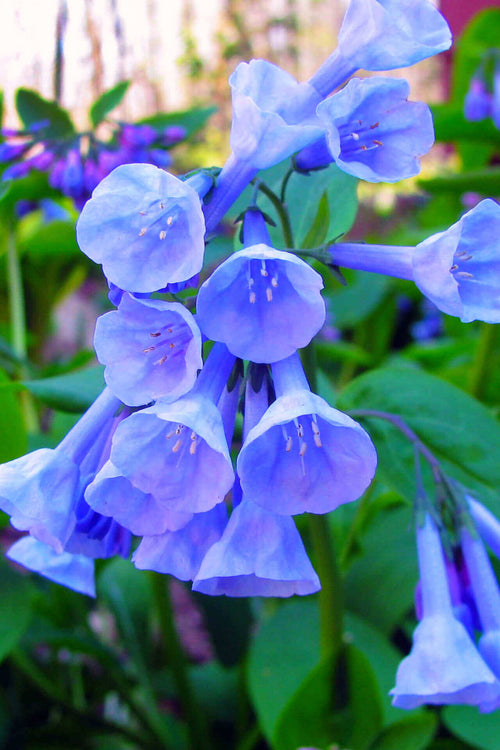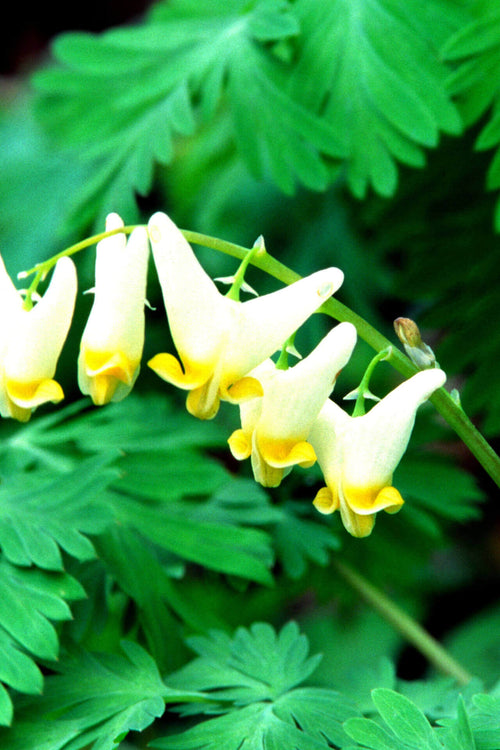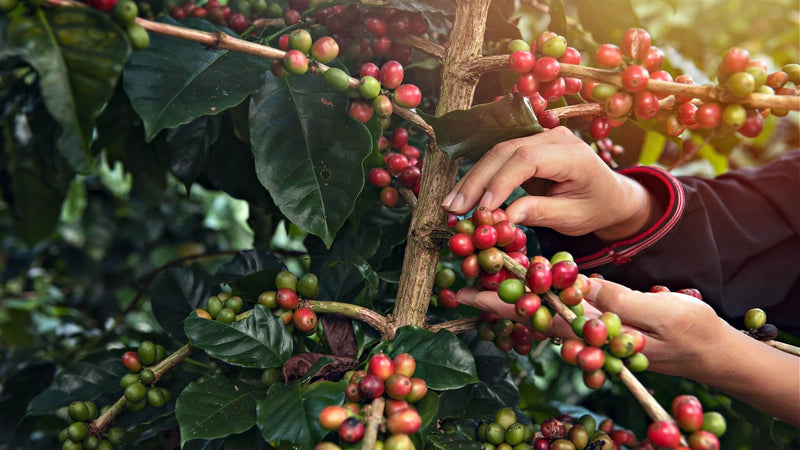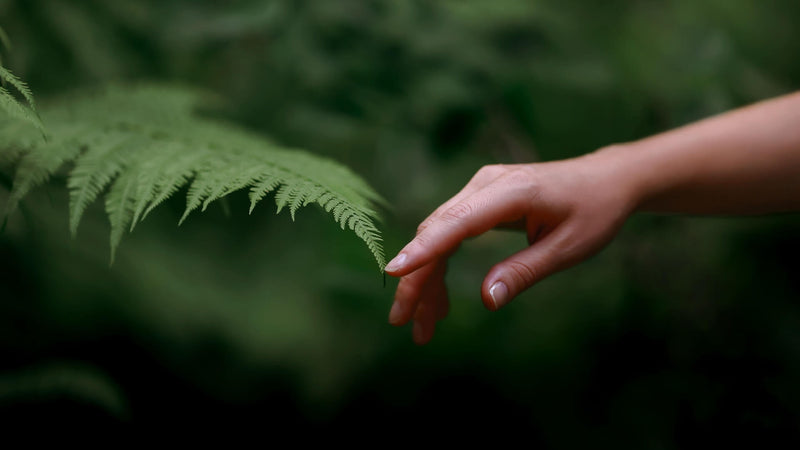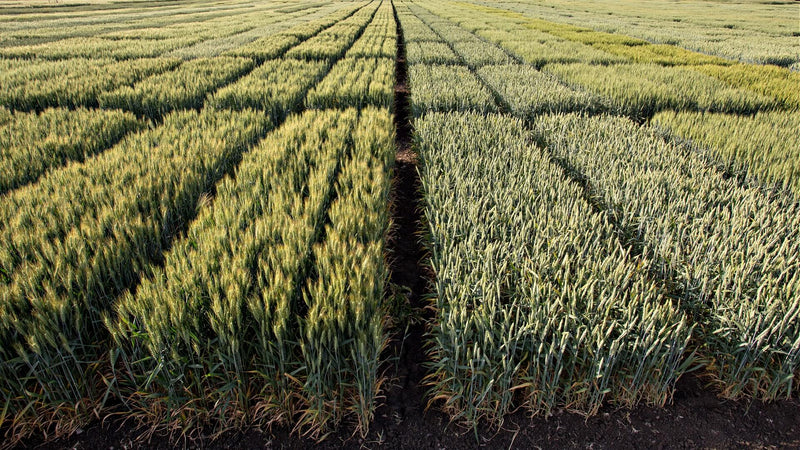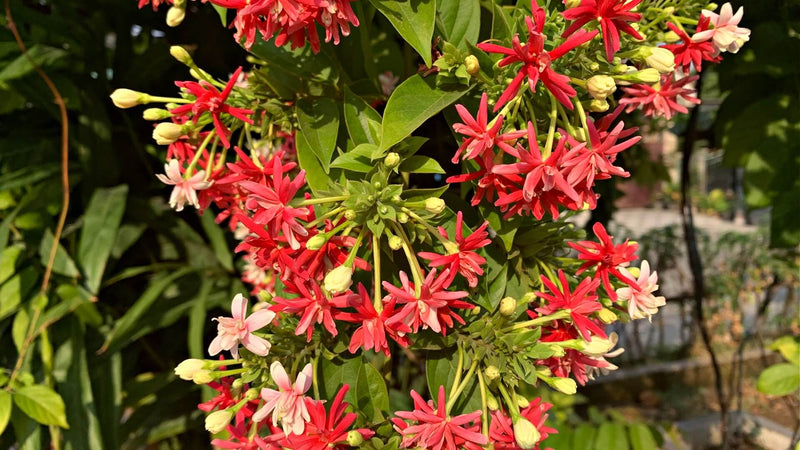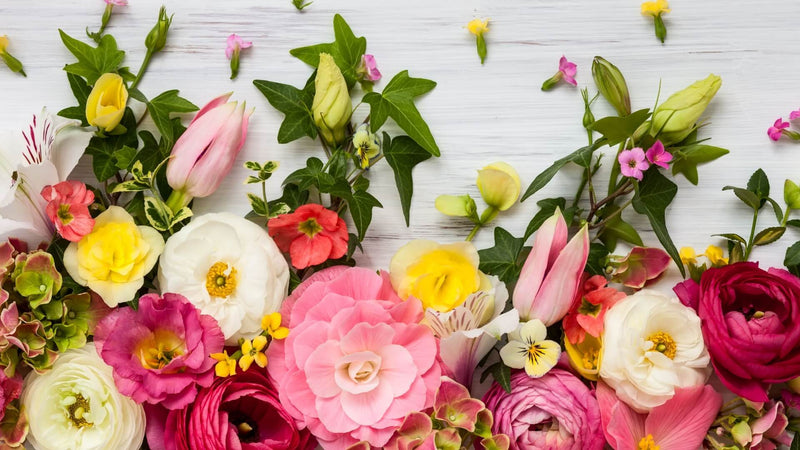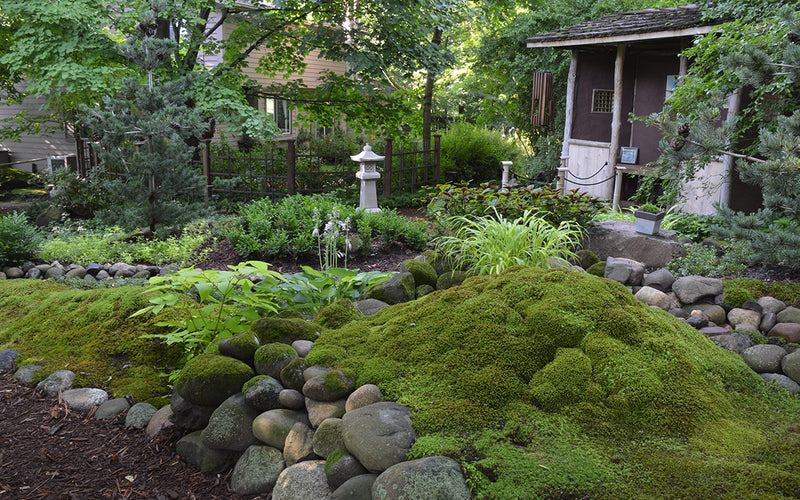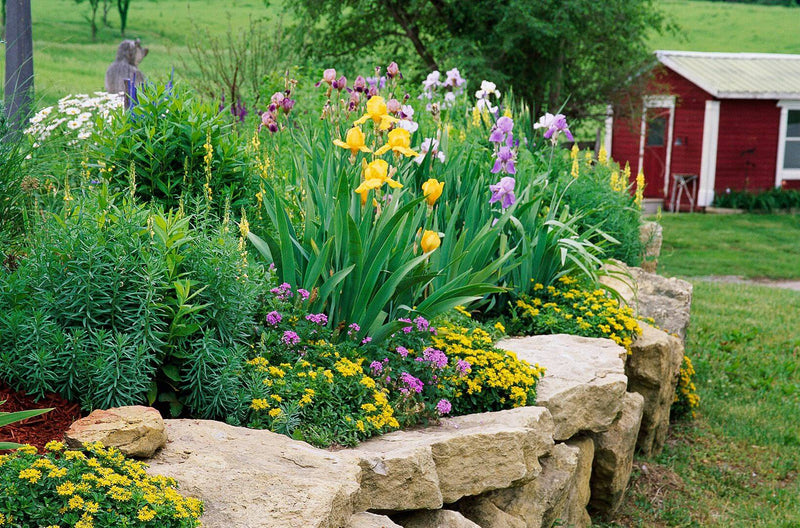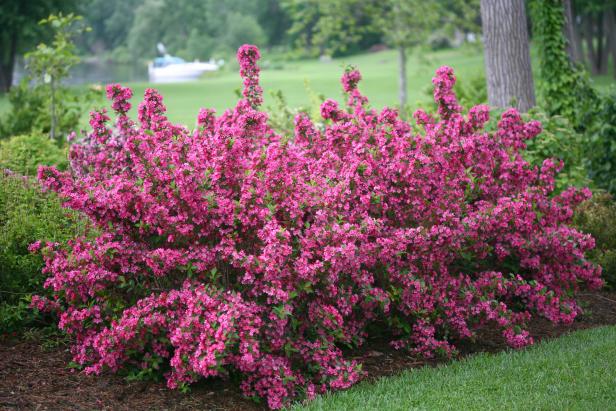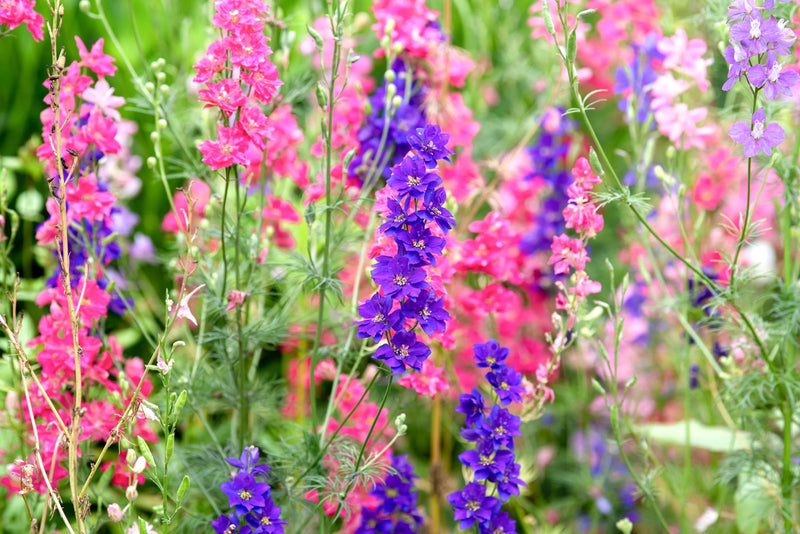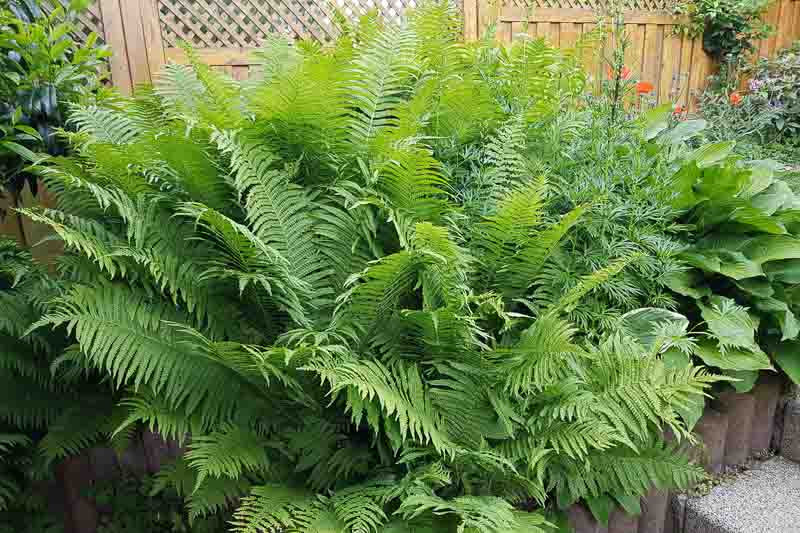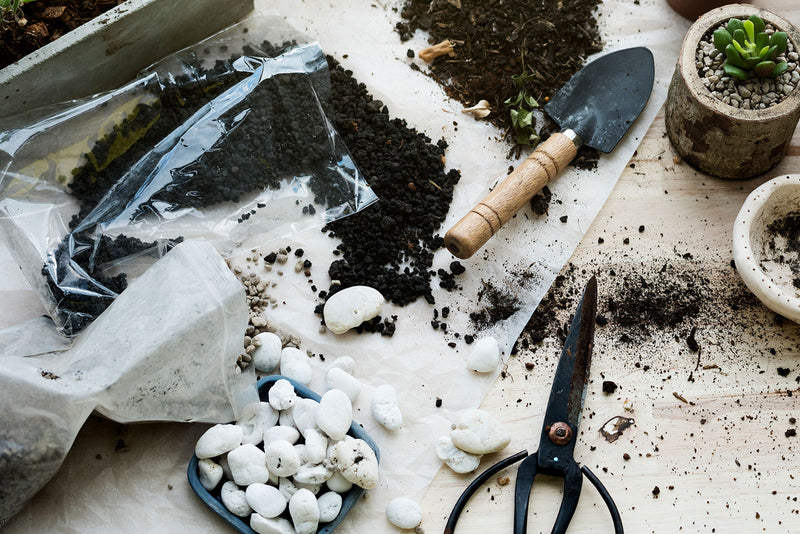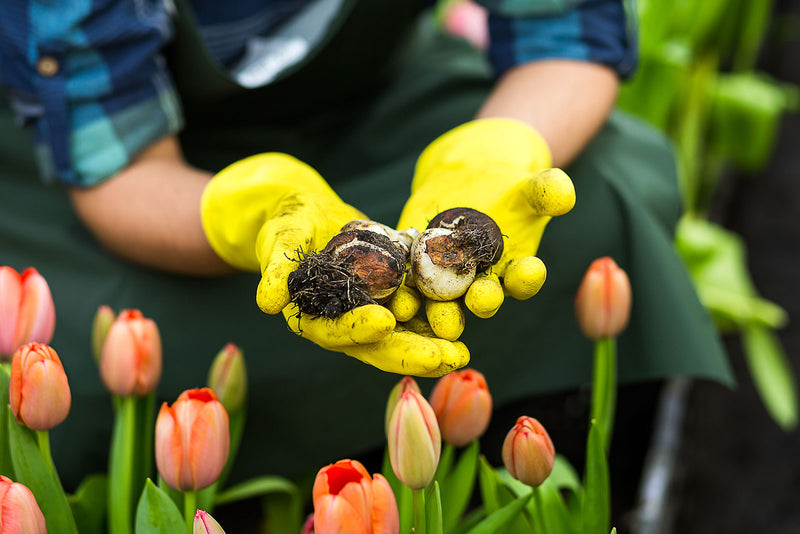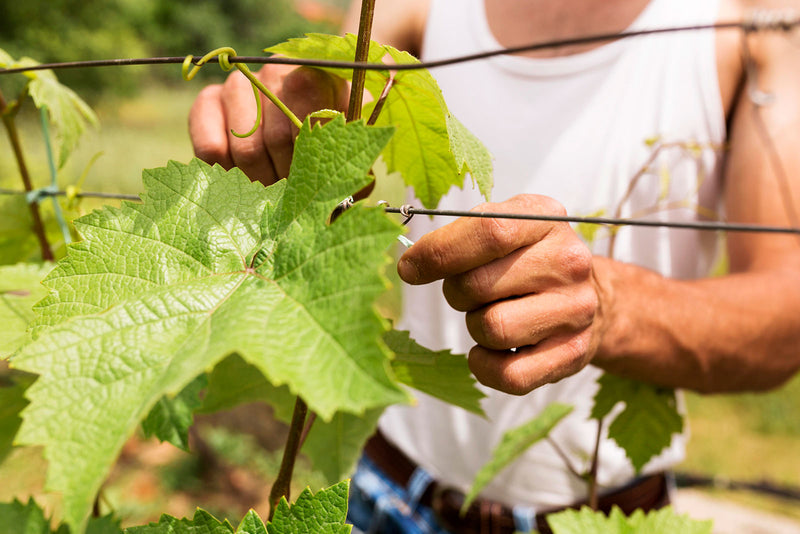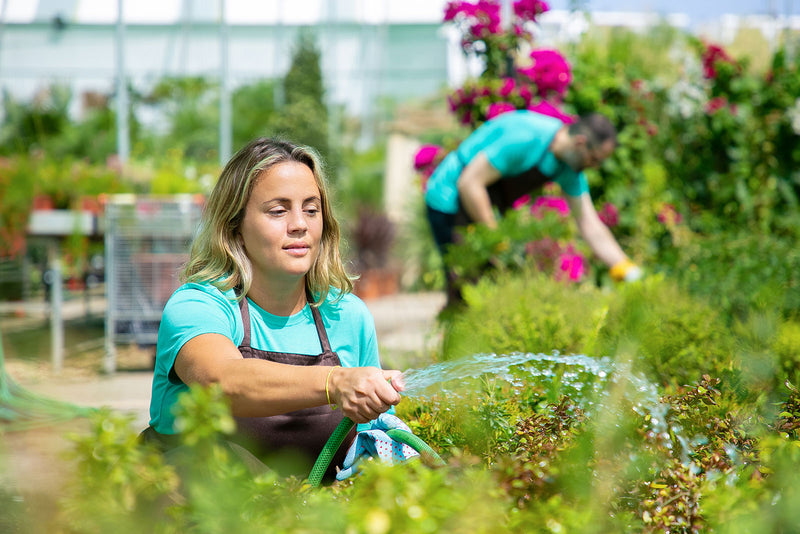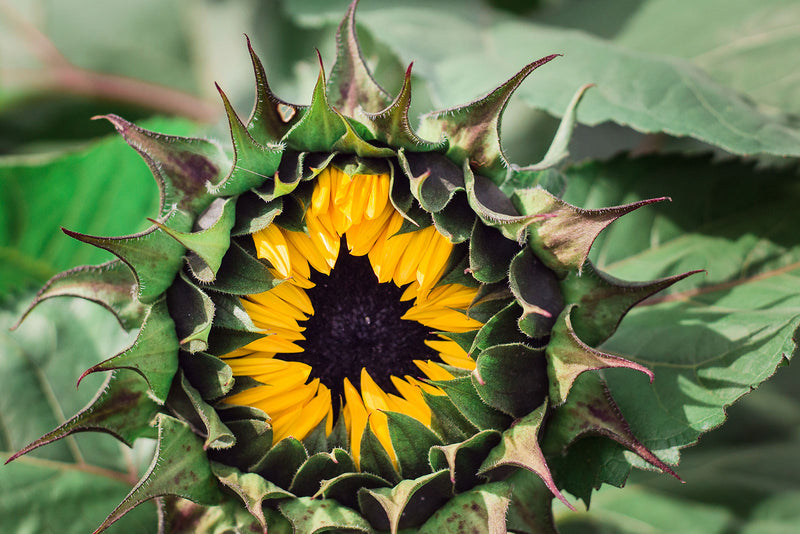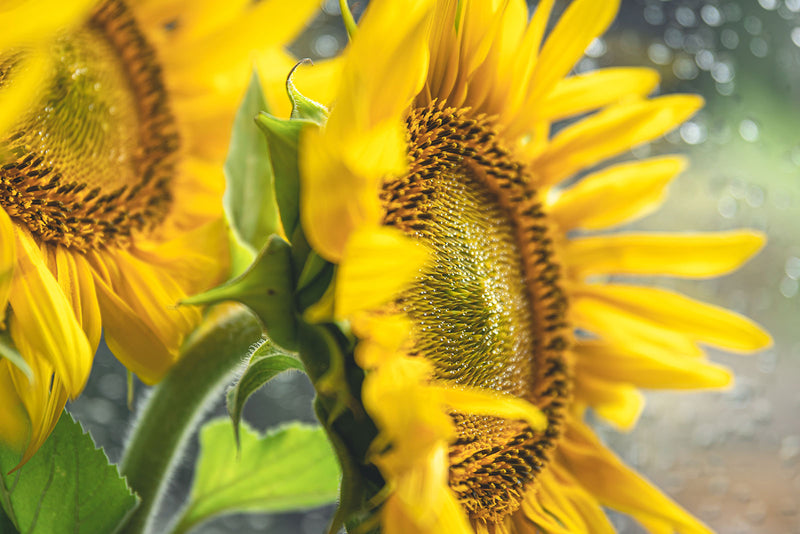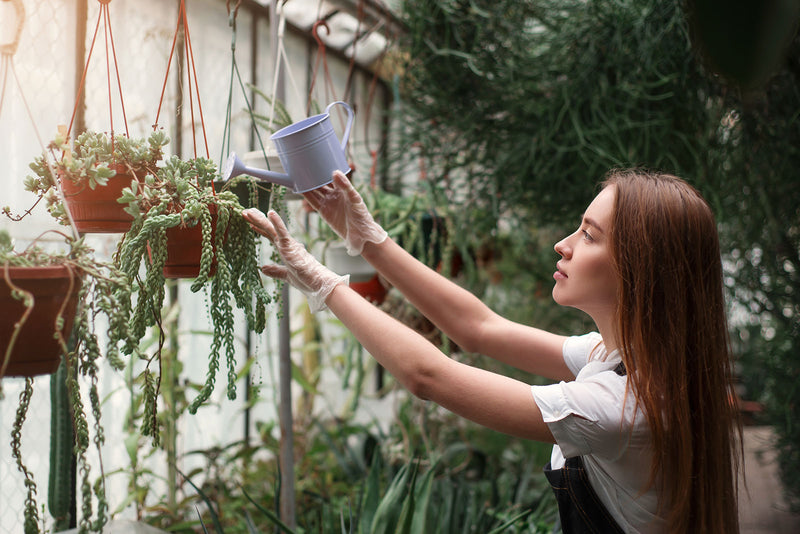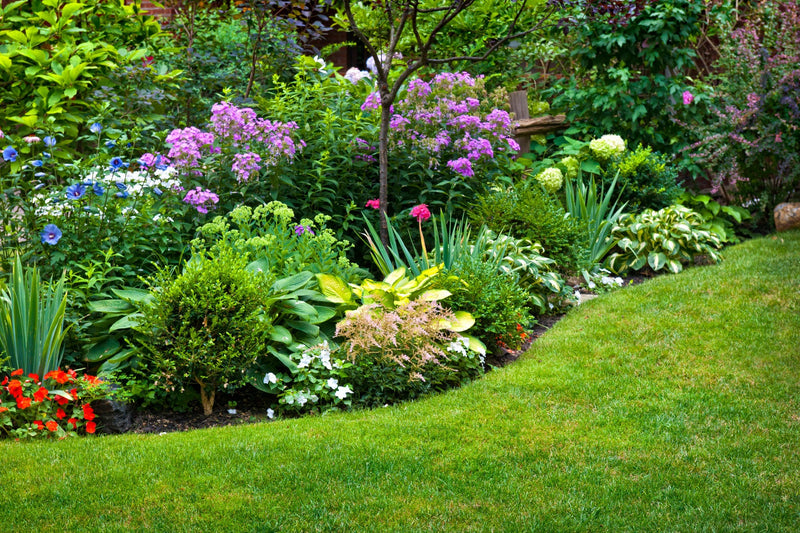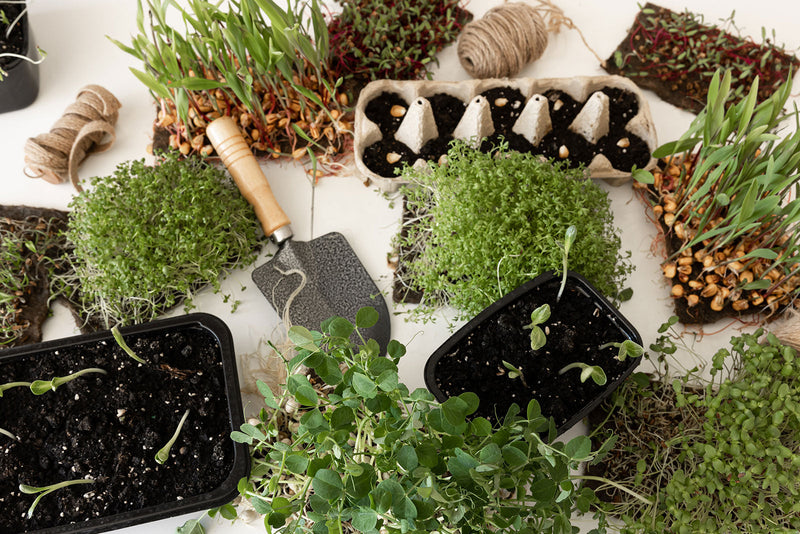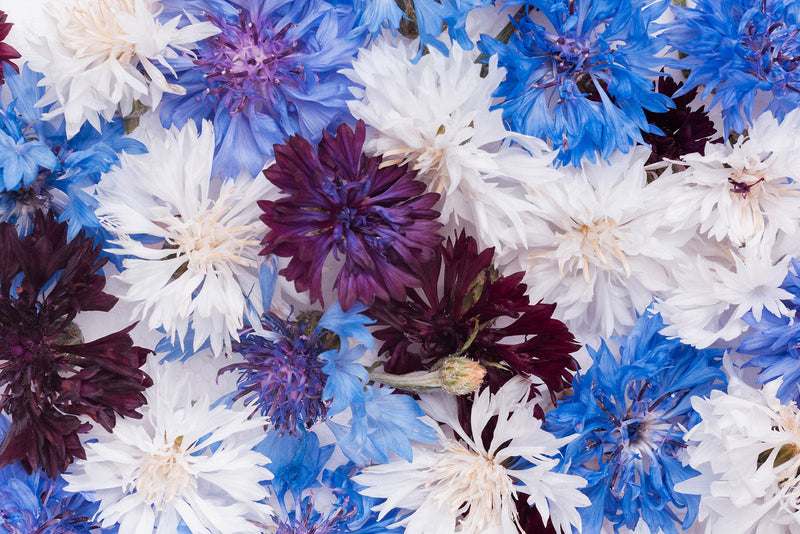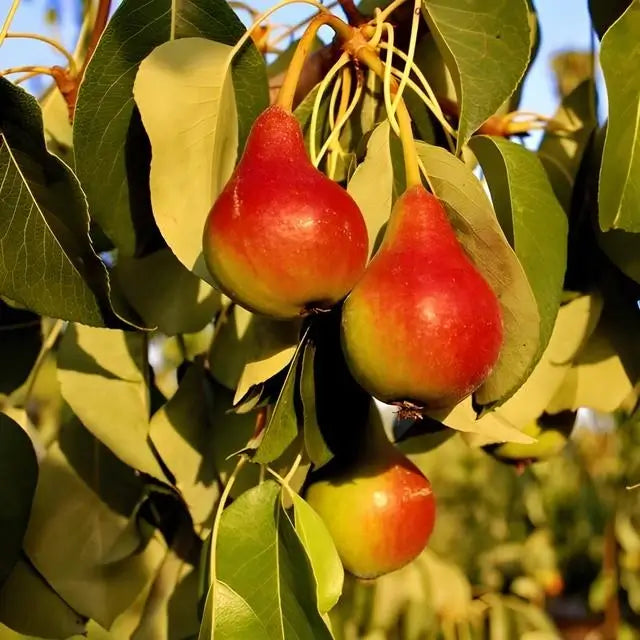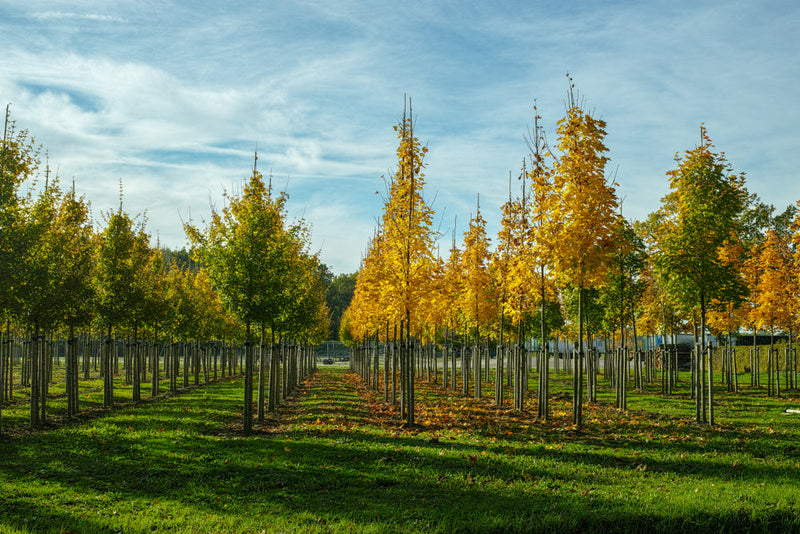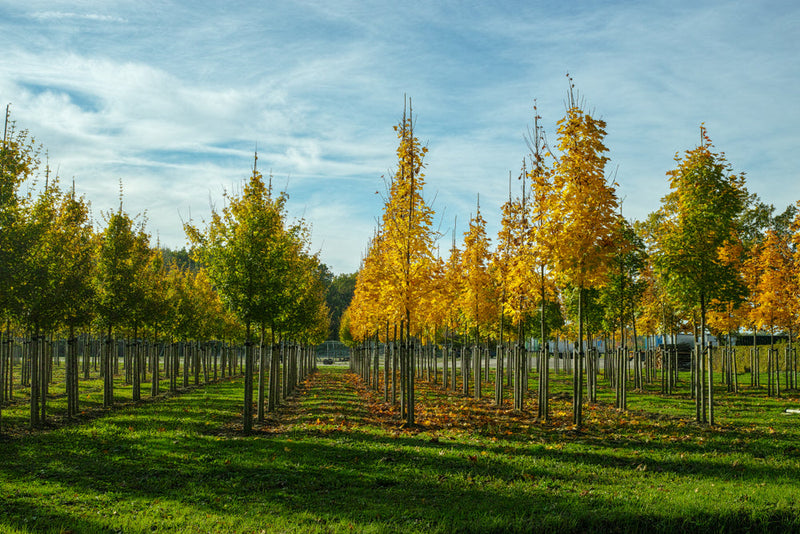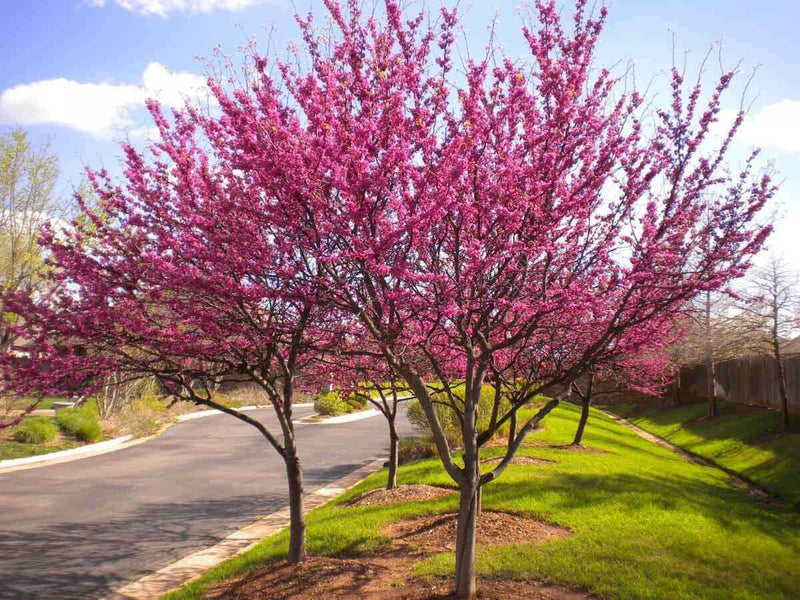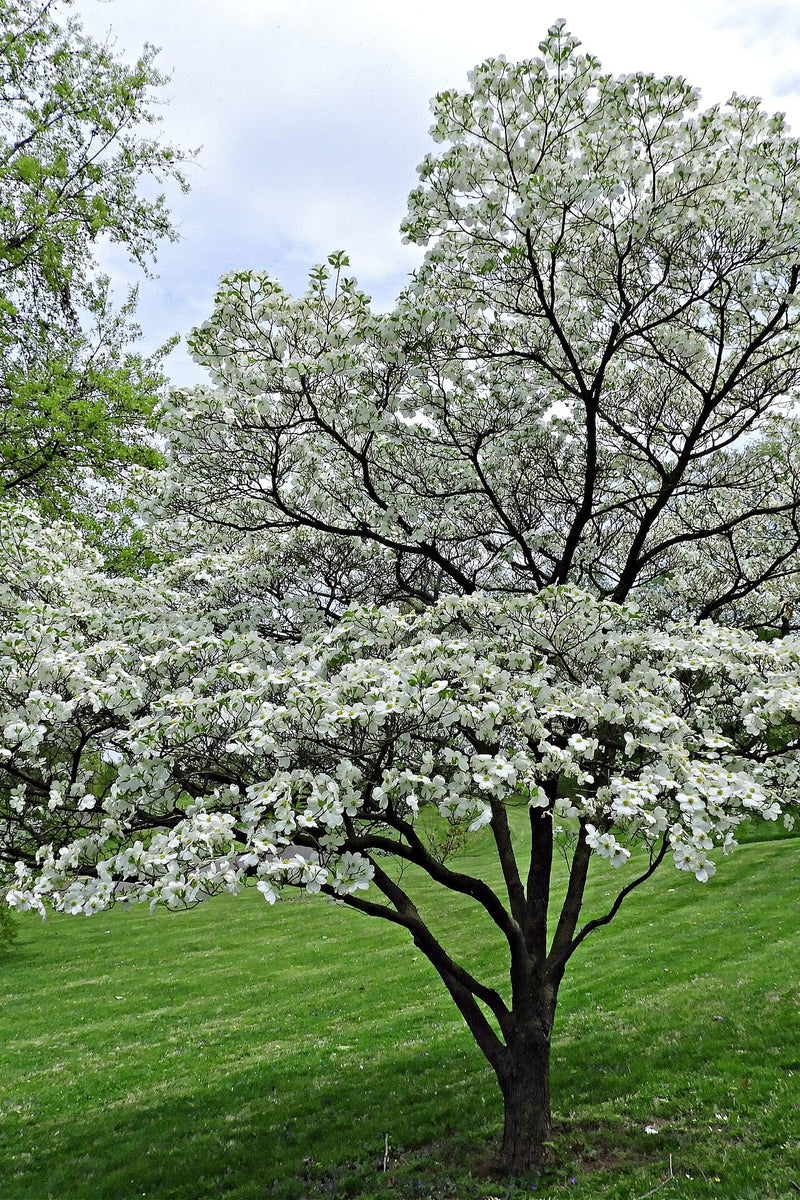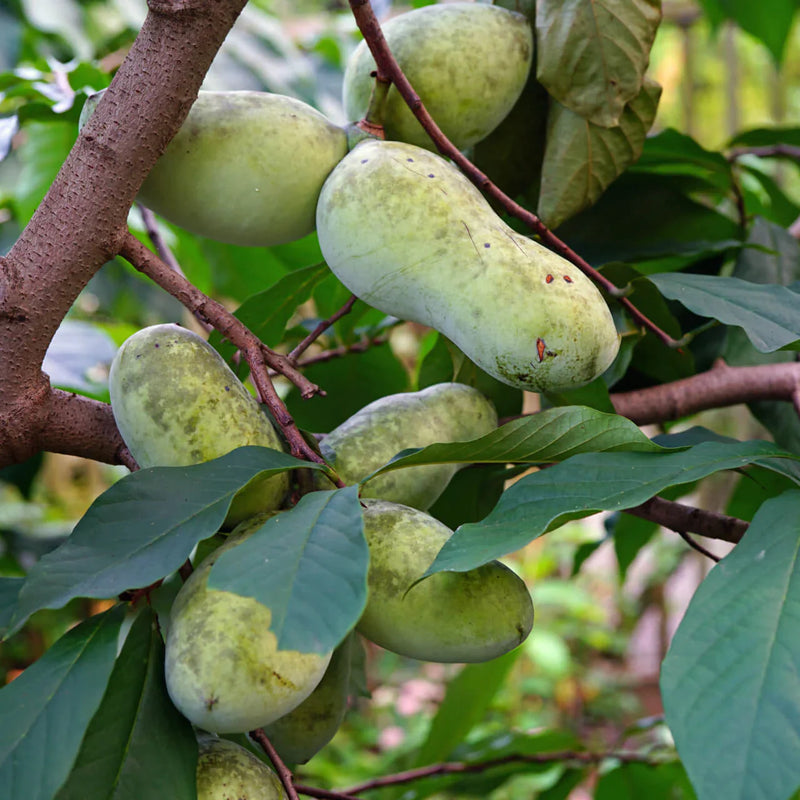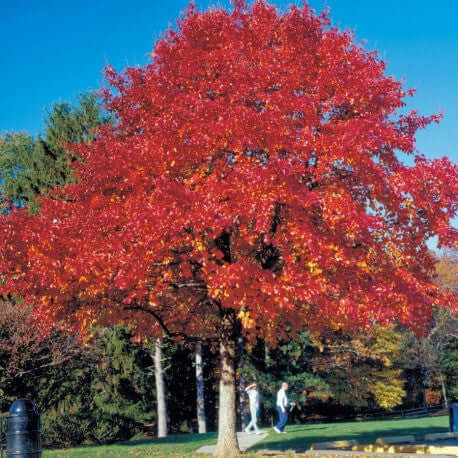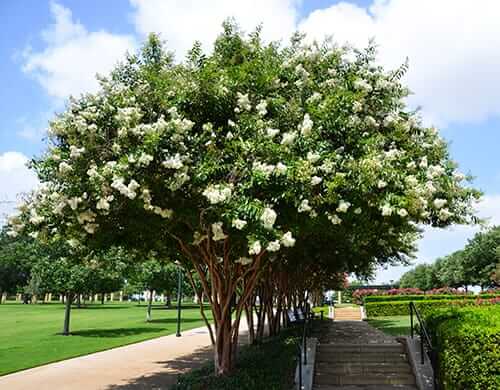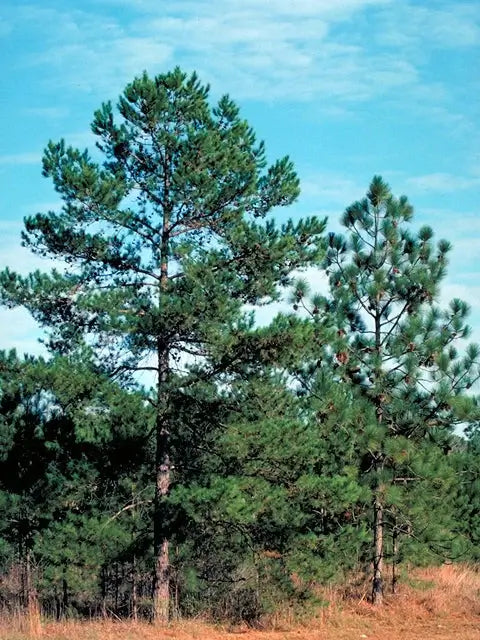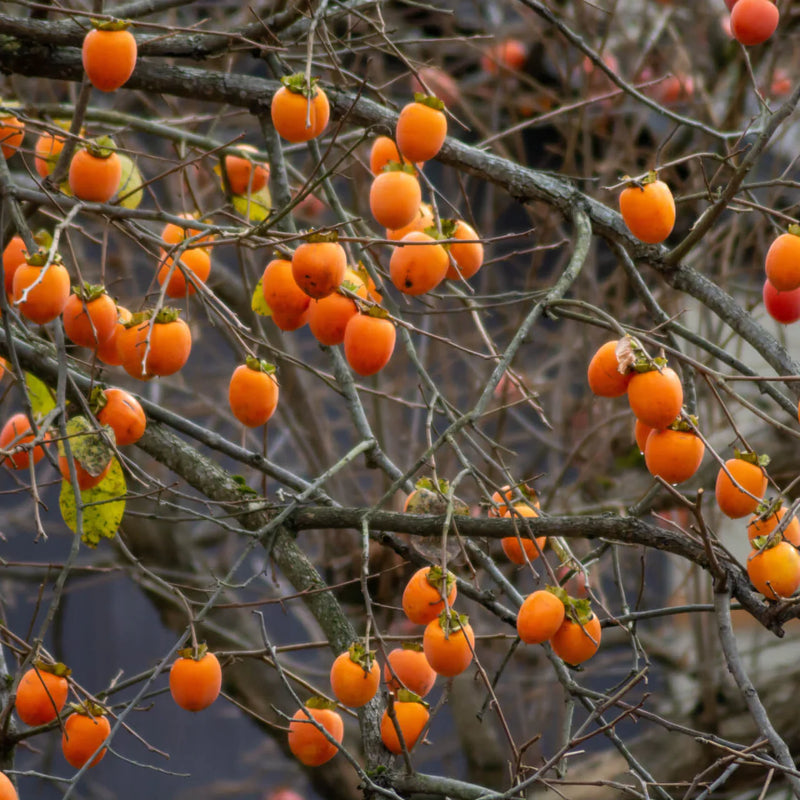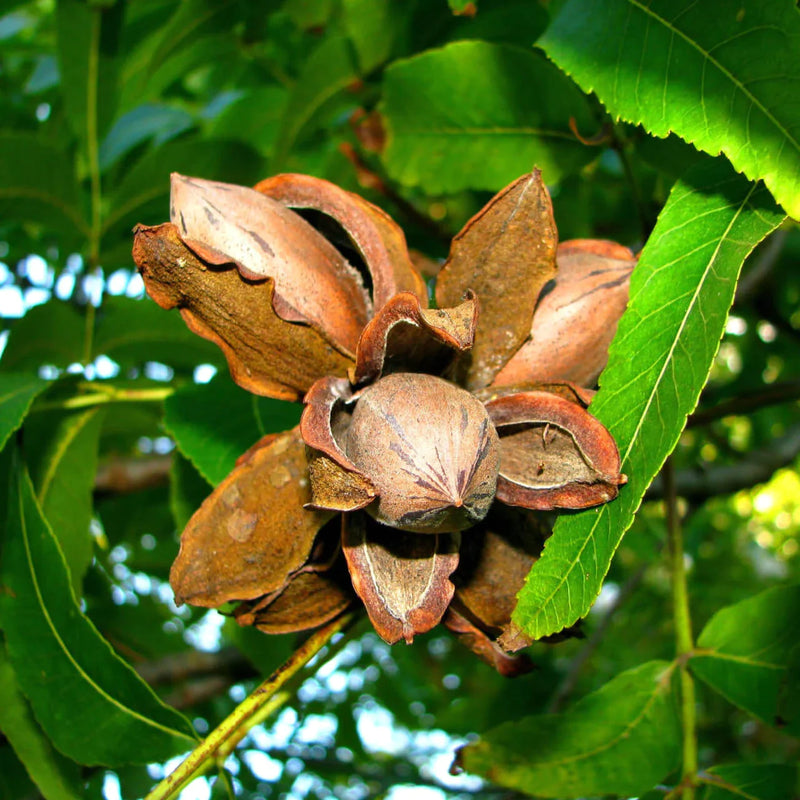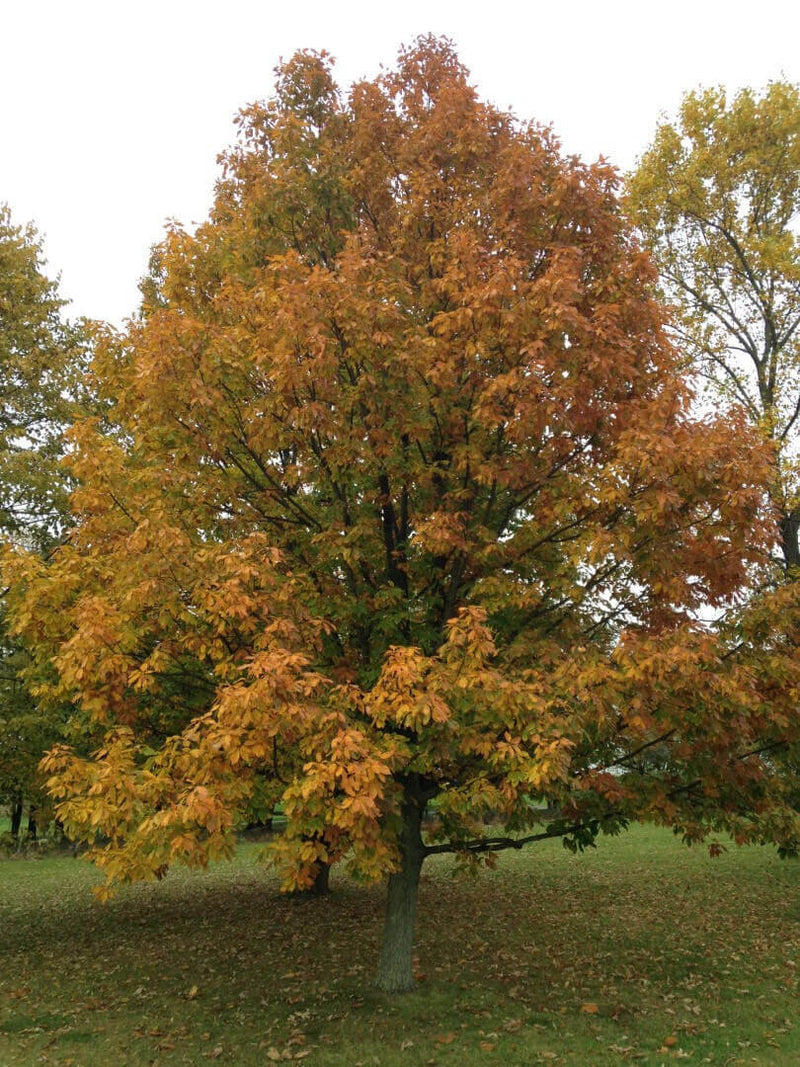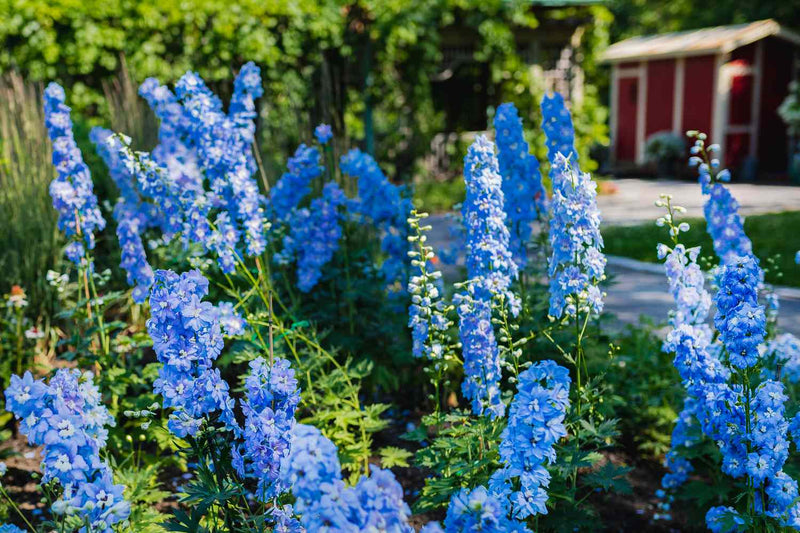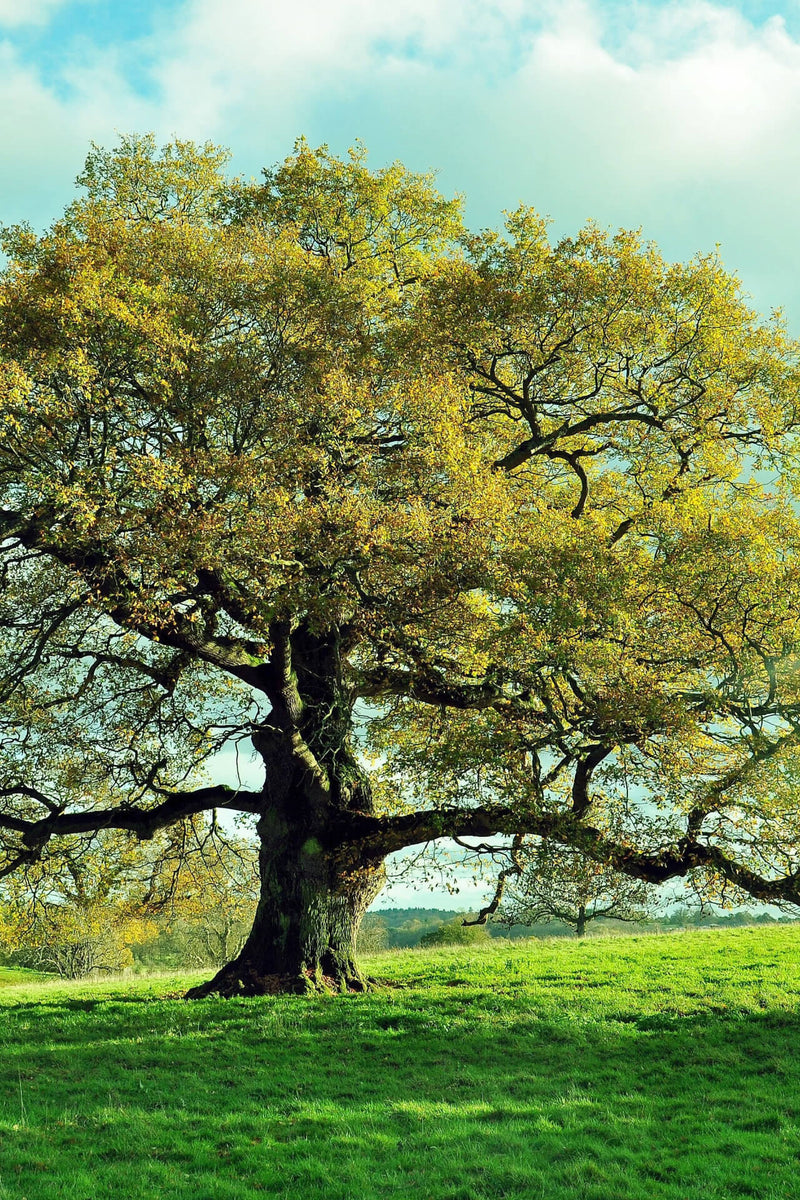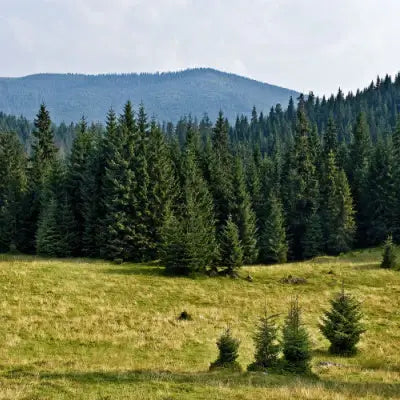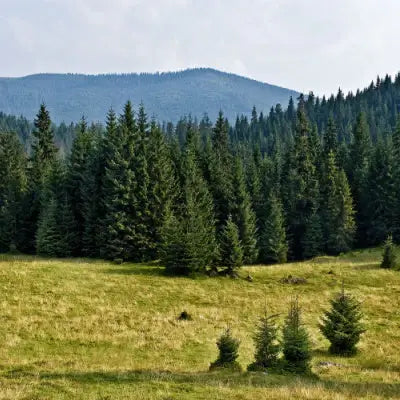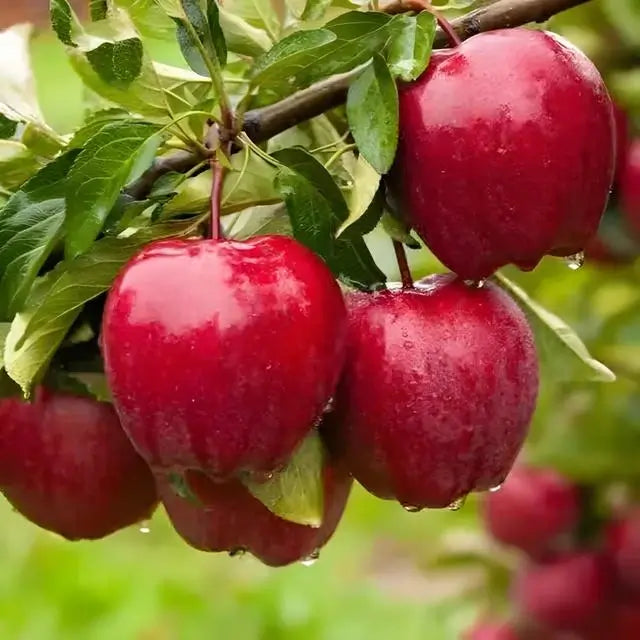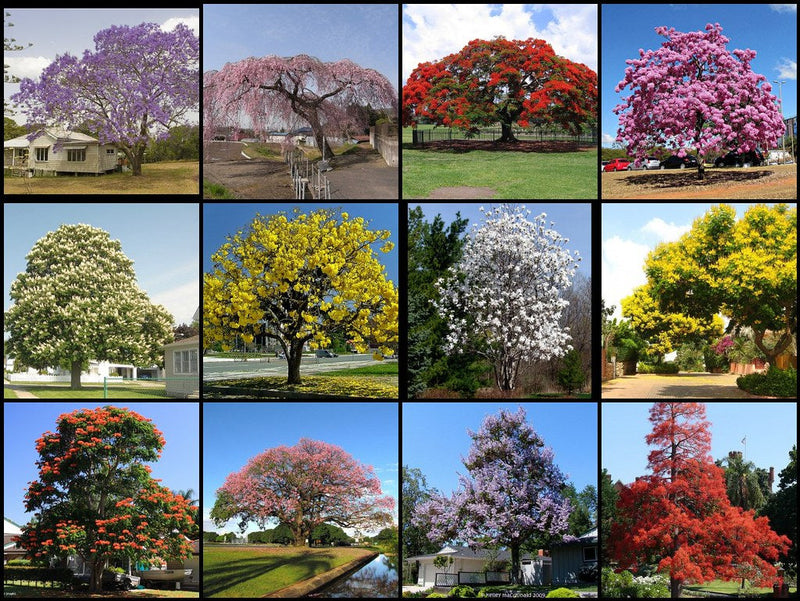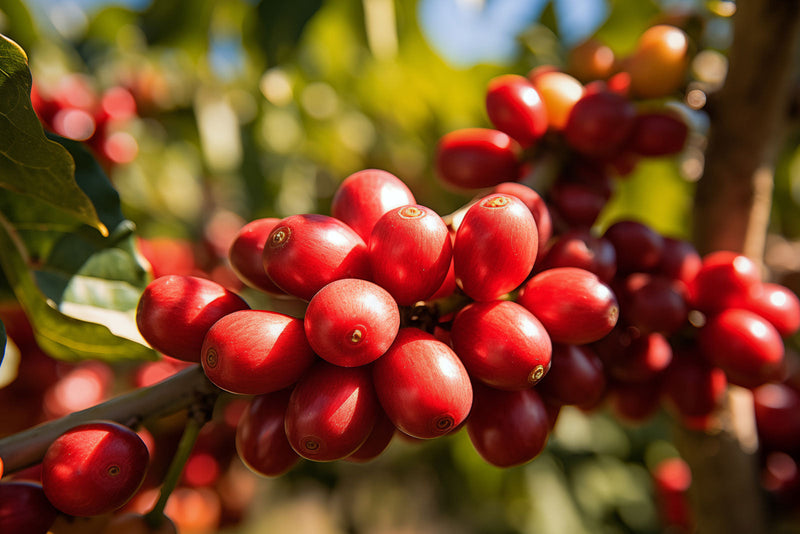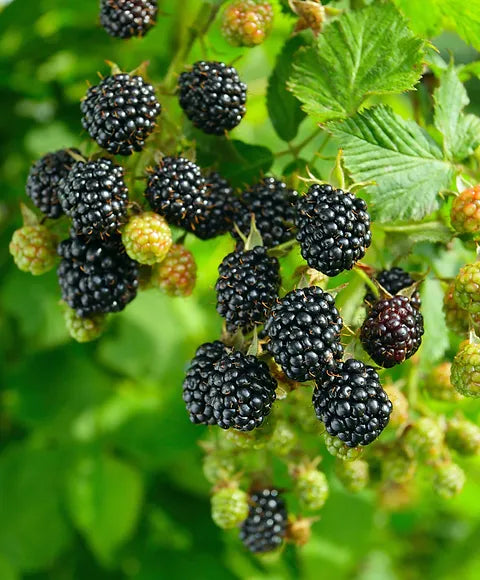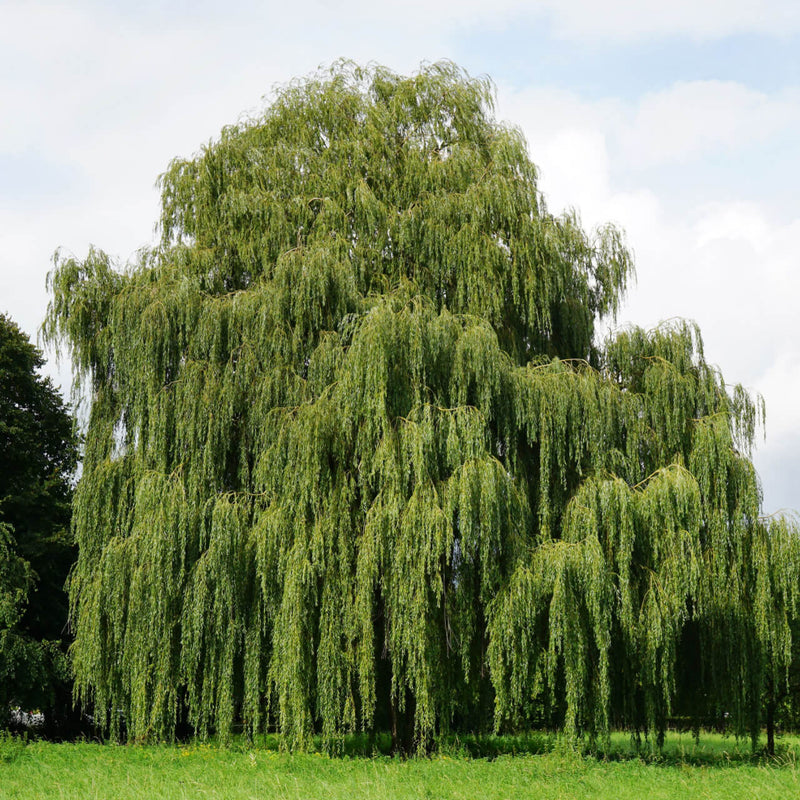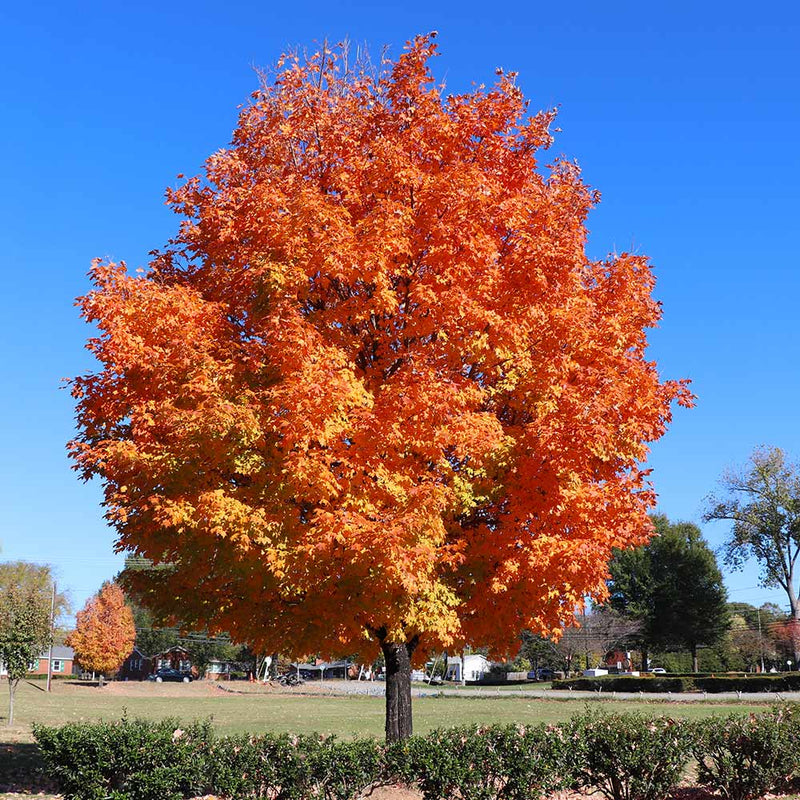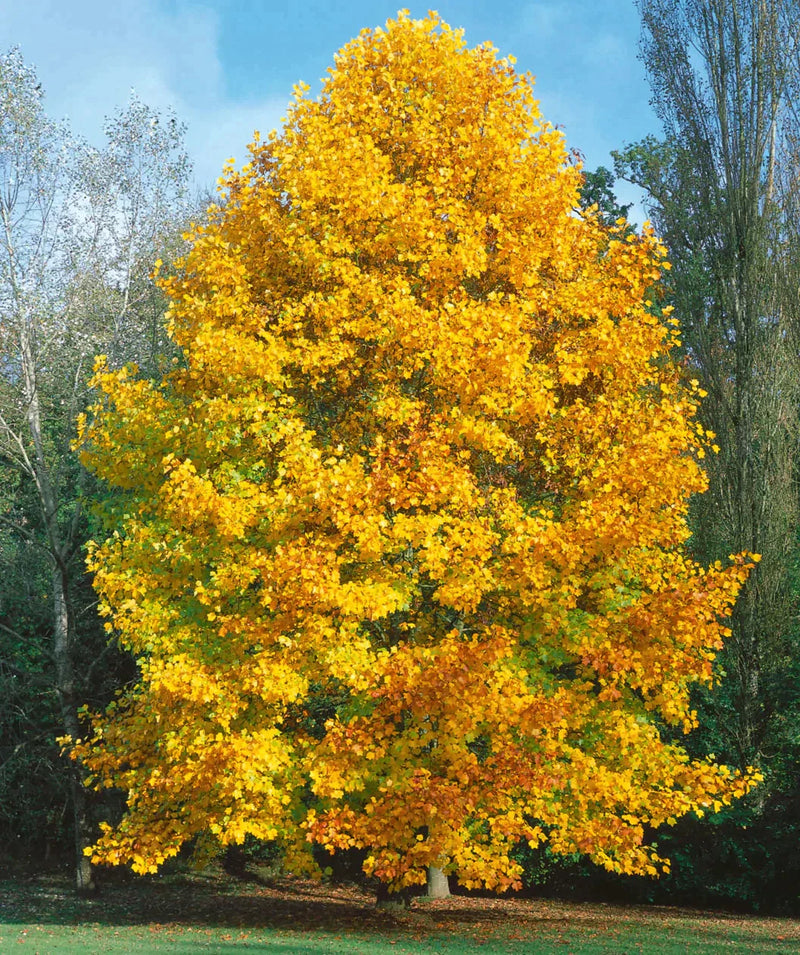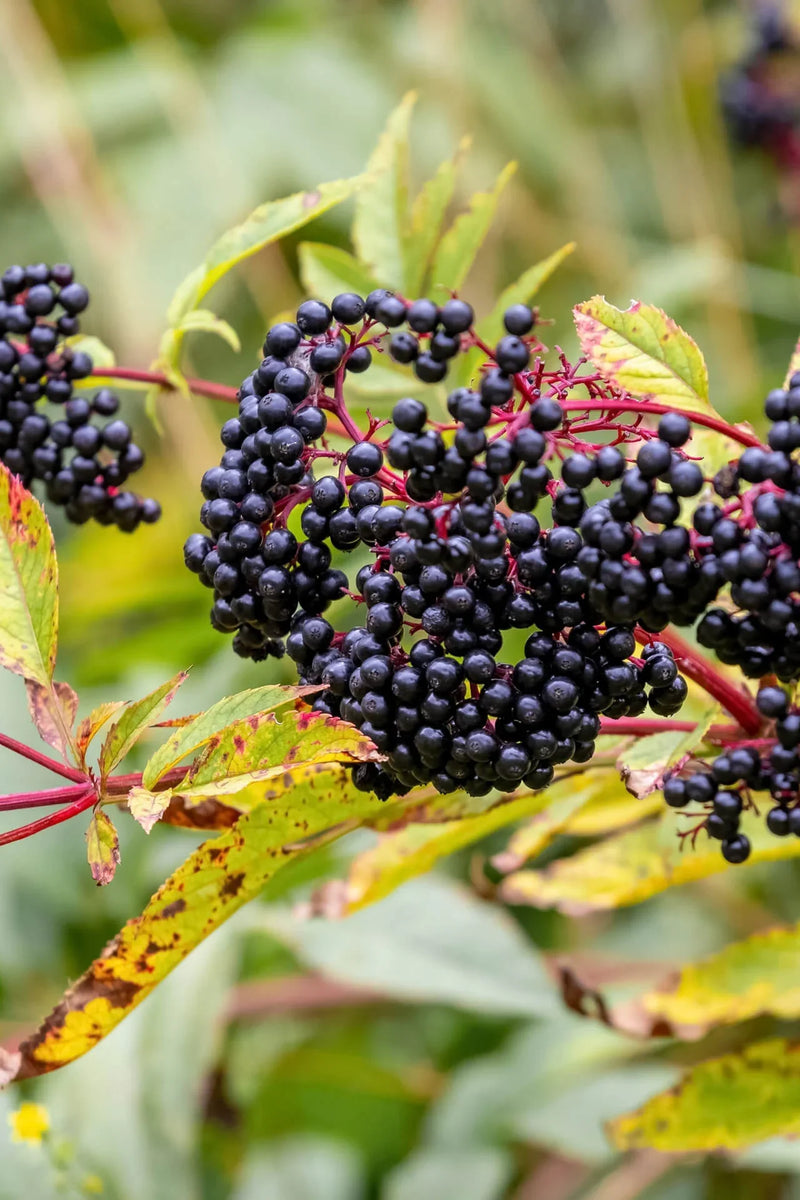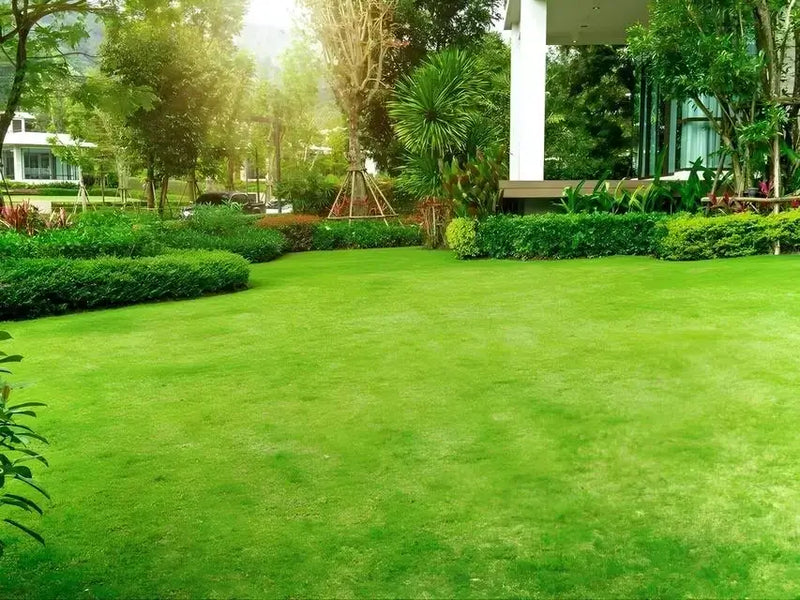TN Nursery Reviews - The Advantages of Planting Perennials in Spring
Spring perennials are the perfect plants to start your garden in the spring. Whether you plant perennial flowers or vegetables, you'll have a harvest from your garden throughout the growing season! You can plant perennials while the ground is frozen, increasing once the soil warms up.
TN Nursery Reviews - Virginia Blue Bells
- Planting Virginia Blue Bells is an excellent choice if you want fresh, tasty blueberries all year round and are tired of being disappointed by the same old varieties. This variety is a top contender for your garden with a superior flavor and high yield.
- These blue-petaled beauties can seem elusive, but they're effortless to grow! You'll be able to produce a well-established bed for your crop of flowers. Planting these beauties is both fun and rewarding.
- Why grow Virginia bluebells? Besides being just beautiful, these delicate-blue flowers are a harbinger of spring in the South. They attract pollinators and provide delicious nectar for hummingbirds. Plus, these plants add a subtle fragrance to your garden.
- This perennial plant is an early spring favorite that proliferates and provides a near-impossible to resist ground cover of blue and white flowers.
TN Nursery - Dutchman's Breeches
- Planting Dutchman's Breeches as a perennial ground cover grows wild and natural, creating a low-maintenance, low-water garden.
- When planted in moist and shady areas, a perennial plant provides a whirlwind display of orange and white blossoms.
- This plant is a perennial flower that produces seed bulbs that resemble rice and is a charming addition to any garden. The flowers bloom profusely in March-April and come in various colors and textures.
- Dutchman's breeches are one of the best and most beautiful plants for a shady garden, providing not only color with their unique foliage but many other benefits like attracting pollinators and discouraging pests. With their year-round green color, these plants are perfect for various gardens, from high elevation gardeners to those who live in warmer states.
TN Nursery Reviews - Orange Daylilies
- Set your day to the orange hue of these beautiful flowers — a sure way to improve your mood and make you feel like spring is on its way.
- Orange blossoms flourish in the heat of summer with their bright orange flowers that contrast beautifully against the green foliage. These bushes are a perfect choice for anyone looking for a breeze-efficient, high-light-loving perennial that doesn't require much care.
- Bring a picture of beauty to your garden with these orange lilies. Enjoy the soft orange glow that dazzles pollinators and blooms in summer. These orange trumpet lilies feature a classic, elegant charm.
- These are perfect for your garden. Perennials are beautiful, hardy, and easy to grow. Daylilies come in a range of shades, from a pure white with orange-yellow undertones to the dark orange that is the signature color of this variety.
Ajuga Reptans - Tennessee Wholesale Nursery Sells Quality Blooming Aged Plants
- It is a straightforward plant to grow, blooming in the summer months. These delightful plants are perfect for use in borders and positioned to cascade over walls.
- Ajuga Reptans will spread quickly by creeping rhizomes and is an ideal ground cover for shady areas or in any moist location.
- This plant is a devilishly beautiful ground cover, perfect for creating a subtle textural accent in a large garden.
- Ajuga Reptans is an excellent ground cover for shady areas in the garden, and they will tolerate dry/shade as long as they have good drainage. Ajuga Reptans also make perfect hedges or rock garden plants, with their masses of foliage providing natural habitat and cover.

